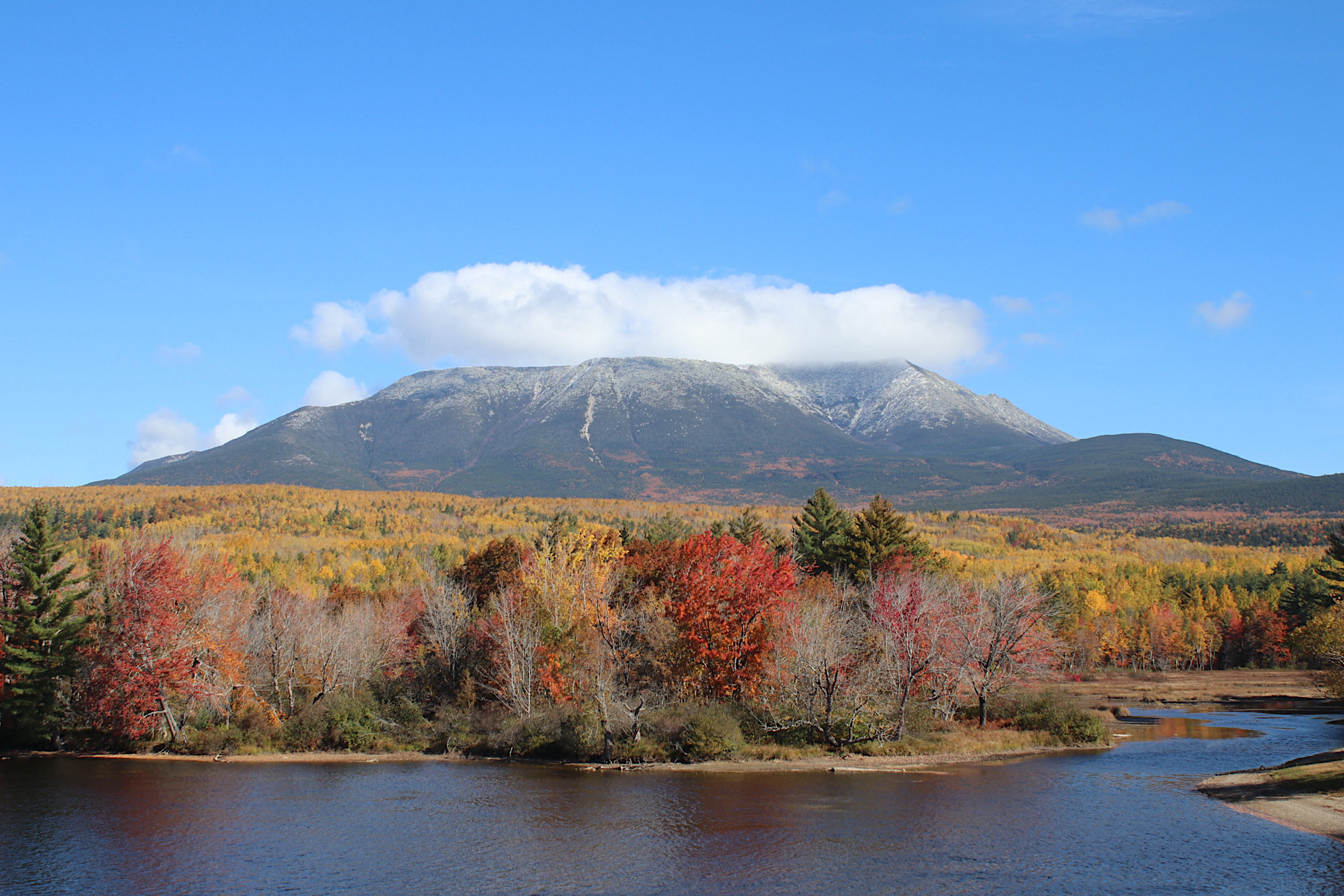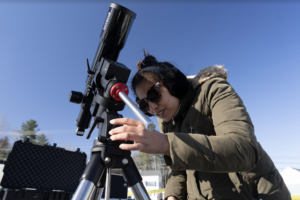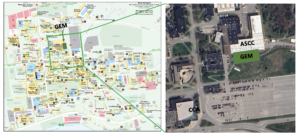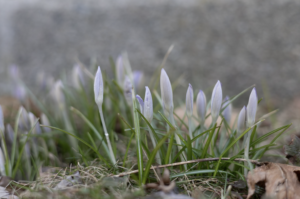Mainers rallied on Oct. 23 to oppose a plan to mine for zinc in the Katahdin region. A hearing was held at 6:30 p.m. by the Land Use Planning Commission (LUPC) to discuss mining at Pickett Mountain.
A rally was held at the Cross Insurance Center at 5:15 p.m. for those who oppose the proposition and feel that it will be devastating to the area and who believe that Wolfden Resources, the company chosen to conduct the proposed mining, is not the right one to do so.
If built, the mine would be erected near Baxter State Park and the Katahdin Woods & Waters National Monument. Besides local pushback, another obstacle for the Canada-based Wolfden Resources Corporation Inc. is waiting for their permit application to the LUPC to rezone the area for industrial uses before any construction can be approved.
The hearing date for the rally was the second date chosen, as 50 Maine legislators sent a letter urging the LUPC to make the hearings more accessible to civilians so that everyone might get a chance to make their voices heard.
Those who oppose the mine do so because they believe the mining will be detrimental to the area’s natural beauty and environmental health, will restrict local hunting rights and will desecrate historical land of the Wabanaki tribes.
So far, the Houlton Band of Maliseet Indians, the Penobscot Nation and the Natural Resources Council of Maine, represented by Earthjustice and Brann and Isaacson, are some of the most noteworthy organizations opposing the mine.
If approved, this will be the first mine the Wolfden Resources has ever managed, which has only exacerbated the skepticism of local people in the Katahdin region. If their permit application to rezone the area for industrial uses is approved following this week’s hearing, which included expert witness testimony and arguments made from both sides, the LUPC staff will then recommend commissioners who will make a final decision.
There are several reasons why companies are looking to expand zinc mining in the Katahdin area. Zinc is one of the most desirable metals in today’s economy due to its wide variety of uses. It is primarily used in electronics, automotive and the steel industry to galvanize steel, which insulates it from weather and corrosion.
Zinc mining can cause adverse effects on the health of the environment, especially if a spill occurs. According to the National Library of Medicine, mineral processing activities have the capacity to release large amounts of zinc into the environment, with the potential to negatively impact water resources, soils, vegetation, wildlife and human health.
While zinc poisoning is rare and usually involves oral ingestion in high concentrations, poisoning symptoms may include nausea, vomiting, epigastric pain, lethargy, and fatigue. A full-grown adult would need to ingest more than 50 mg of zinc before poisoning would occur.
Metal mining has a long history in the state of Maine, dating back to the first bog iron mine in the mid-1800s. This led to a mining boom that died out almost as soon as it started due to a price drop in 1883. As a result, mining in the state stagnated until WWII, when the US government went on a nationwide search for magnesium, bringing them to Aroostook County.
While high concentrations were found to be present in the soil due to insufficient means, the ore was never extracted. This brought attention to the state’s resources and put Maine back on the metal mining map.
Maine has historically had metal-rich soil abundant in iron, silver, copper, lead and zinc. This is partly due to the coastal volcanic belt stretching from Blue Hill to Lubec. According to the Maine Geological Survey, the Ledge Ridge deposit in Parmachenee, a town near the Canadian border on the western edge of Maine, was found in 1973 to possess massive amounts of sulfide and several million tons of zinc, lead, and copper.
Although metal mining might not be so common anymore, this week’s hearing and the continued debate surrounding it have proven its continued relevance.













